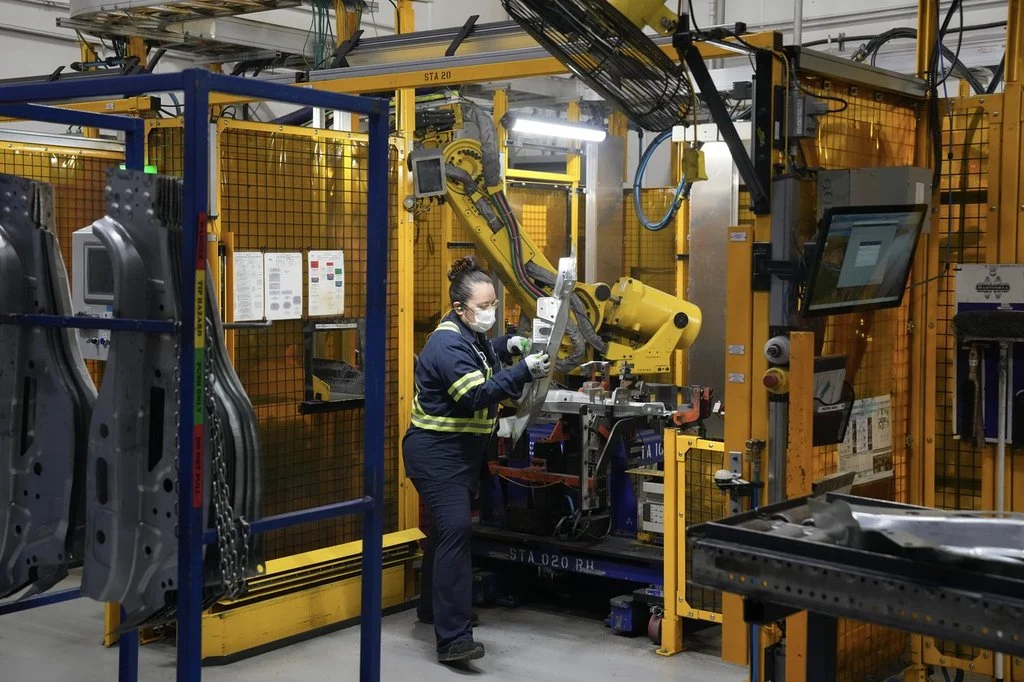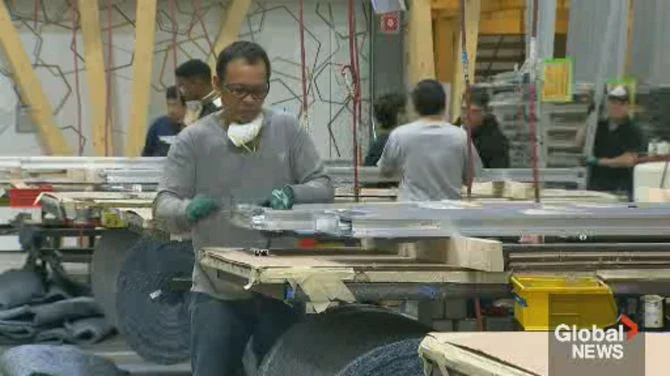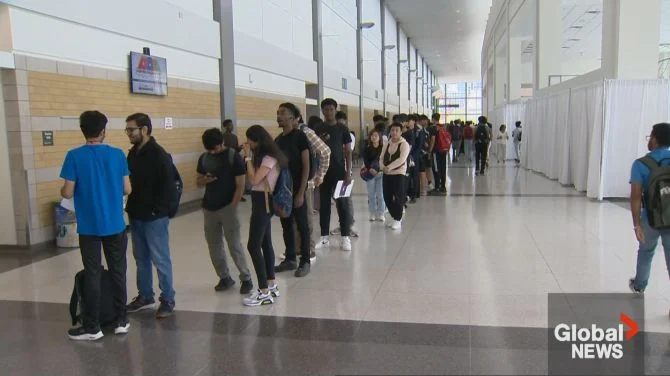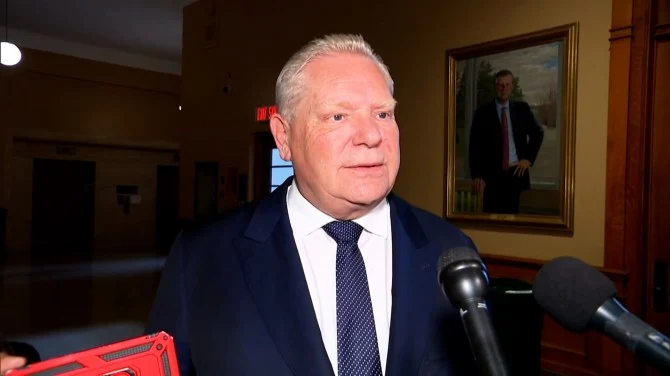The Canadian government has stated that it does not intend to use legislative measures to punish Canadian companies for moving jobs overseas to avoid American tariffs, according to the finance ministry.
This clarification follows a request from Unifor for Ottawa to take action using existing tools to prevent Canadian job losses to the U.S. and to enhance laws through legislative changes.
“The government has no plans to introduce legislative measures to penalize Canadian businesses relocating abroad,” said a finance ministry representative in response to queries about potential use of legislation.
Instead, the government has implemented support measures to assist Canadian companies in conducting business within the country.
One example of such support is the recently introduced remission framework, which allows Canadian automotive firms to import certain U.S.-made vehicles without tariffs, provided they maintain production and investments in Canada.
This statement coincides with the return of Parliament after a five-month hiatus, allowing lawmakers to address strategies in response to the trade dispute with U.S. President Donald Trump.
Trump’s tariffs on Canada and other trading partners are aimed at encouraging investment and manufacturing in the U.S., particularly targeting industries like automotive, steel, and aluminum that have long depended on North American supply chains.
Unifor, representing workers affected by these tariffs, has urged Canadian officials to take swift action to prevent offshoring, proposing the use of the Foreign Extraterritorial Measures Act (FEMA) to safeguard Canadian interests.
This act has been utilized in the past to enable Canadian entities to continue operations in Cuba despite U.S. restrictions, and could be applied to counteract foreign directives affecting Canadian businesses.
A proposal by international trade law firm Logie & Associates suggests using FEMA to address U.S. instructions that could lead to offshoring of Canadian production.
Unifor emphasizes the need for political commitment, suggesting potential amendments to enhance FEMA’s effectiveness, especially regarding imposing penalties on non-compliant firms.
Further measures could involve import restrictions and asset seizures, according to Unifor.
Finance Minister Fraser’s office has acknowledged Unifor’s proposal and is reviewing it, without providing an immediate update.
Economics expert Michael Devereux warns against penalties to deter offshoring, suggesting that such actions could complicate trade negotiations and potentially lead to adverse outcomes for Canadian firms.
Devereux proposes subsidies for domestic corporations and counter-tariffs as a more effective strategy amidst the ongoing trade uncertainties.
Unifor’s proposal coincided with Honda’s decision to pause its major investment in Ontario, highlighting the industry’s concerns over Trump’s trade policies affecting Canadian operations.
Honda’s reassurance on maintaining Canadian operations followed speculations about potential relocation to the U.S., reflecting the industry’s cautious approach amidst trade uncertainties.
Efforts to expedite energy projects and bolster domestic supply chains are part of Canada’s strategy to mitigate trade challenges, with ongoing discussions with the U.S. for enhanced partnerships.
Anticipated meetings between Canadian and U.S. leaders at the G7 Summit indicate ongoing efforts to address trade issues and strengthen economic ties.





